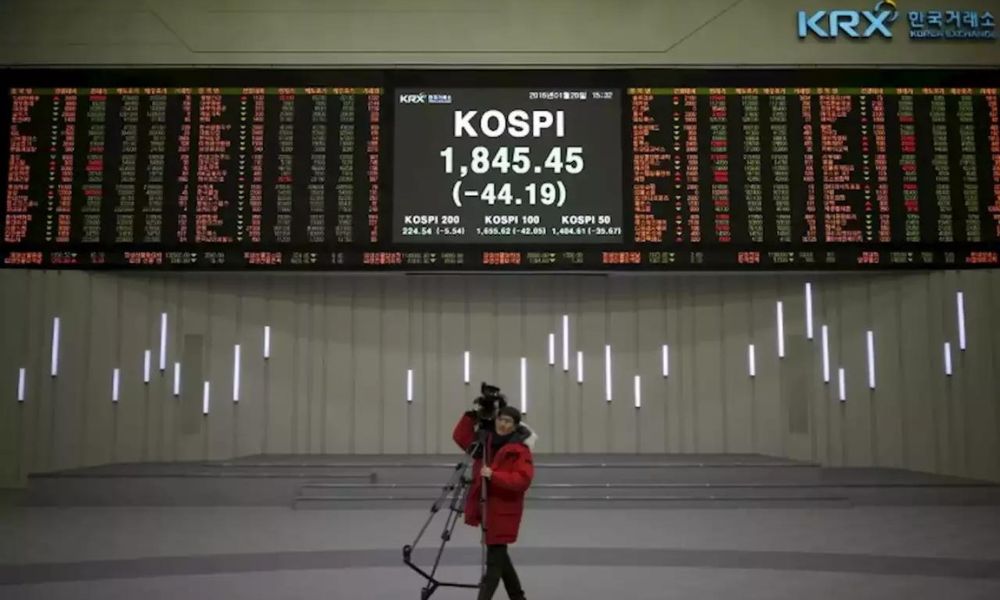
Most Asian stocks fell on Tuesday with Chinese stocks retreating on continued concerns over slowing growth and a property sector meltdown, while hot inflation readings from across the region also pushed up concerns over higher interest rates.
Chinese stocks were the worst performers for the day, as investors grew more impatient with Beijing’s slow approach to rolling out more stimulus measures. A private survey also showed that Chinese service sector activity grew less than expected in August, as a slowdown in overseas demand added to pressure from weak domestic spending.
The Shanghai Shenzhen CSI 300 and Shanghai Composite indexes fell around 0.6% each, while Hong Kong’s Hang Seng index slid 1.5%, as investors locked in recent profits in property and technology stocks. Concerns over embattled property developer Country Garden Holdings (HK:2007) also weighed, given that while the firm won approval for the extension of some debt payments, it still has other bond payments due this week.
|
Are you a Tax Lawyer in USA? |
Chinese stocks saw a strong run-up over the past week, as the government outlined more supportive measures for the property sector and also cut duties on stock trading. But investors are now calling on Beijing to carry out targeted, fiscal measures to support the economy, especially after growth slowed substantially in the second quarter.
The selldown in China kept broader sentiment towards Asian stocks muted. Japan’s Nikkei 225 fell slightly after data showed household spending slowed more than expected in July, while futures for India’s Nifty 50 index pointed to a mildly weaker open.
South Korea’s KOSPI and the Philippine PSEi Composite both fell 0.3% on Tuesday after respective inflation readings from the two countries read higher-than-expected for August.
The readings pushed up concerns over a broader resurgence in inflation through Asia, especially amid rising oil prices and potential disruptions in global food supplies. Any signs of sticky inflation gives regional central banks more impetus to remain hawkish, which in turn bodes poorly for stock markets.
Inflation readings from Thailand are also due later in the day, while China will report inflation figures later this week. China has been the key outlier among its global peers, and is grappling with rampant disinflation due to a slowing economic recovery.
Australia’s ASX 200 fell 0.6%, tracking a decline in Chinese stocks amid persistent concerns over Canberra’s biggest trading partner.
Investors were also awaiting an interest rate decision from the Reserve Bank, which is widely expected to keep rates on hold amid easing inflation and some cooling in the jobs market.
But the RBA could still flag more rate hikes later this year, given that inflation still remains well above the bank’s annual target range. - investing.com